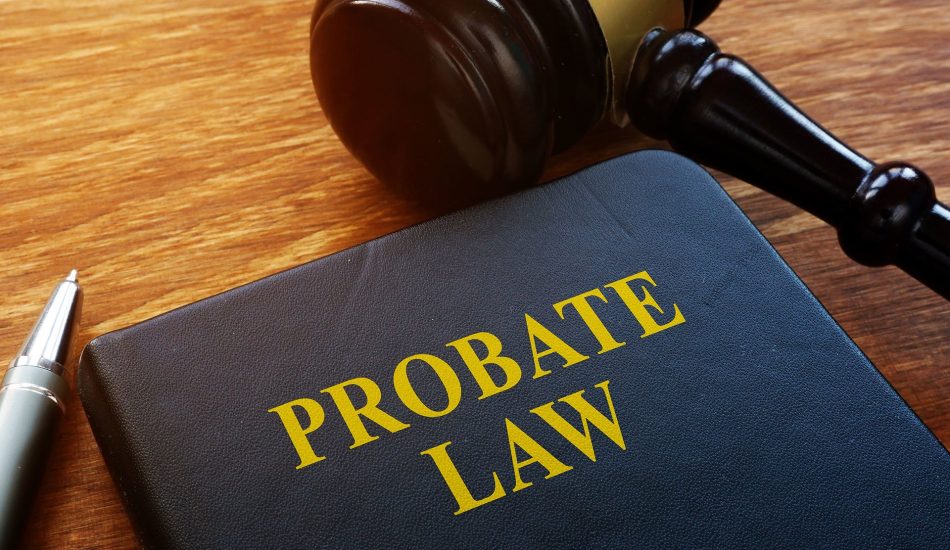Trusts: Staying Out Of Court

Avoiding Probate
When a loved one passes away with a Probate Avoidance Trust, their estate can be easily transferred to their beneficiaries or continued with new leadership until the trust terminates.
Probate Avoidance Trusts provide seamless control and management of the decedent’s property with no need to get costly court orders. Usually an affidavit and death certificate are all that is required to pass control from the decedent to the successor trustee – the person or entity that manages the trust.
This makes the transfer seamless as compared to having to get a court order in a probate proceeding before being able to access or manage the property of a decedent. It also saves attorney’s fees and court costs of a succession.
Reviewing The Trust
Each trust is different and the terms of the trust control management and disbursement of the trust assets. The first step in any trust transfer is to review the trust, as amended, as well as the current assets and liabilities of the trust and the decedent.
When the decedent wrote the trust, they may have provided for the trust to pay their final expenses and their funeral/burial costs. So, it is important to review the trust soon after the decedent passed.
Trustees
Trust property is registered in the name of the trustee – not the trust alone. If the decedent was the trustee, then a successor trustee must be confirmed, and registration of the trust property passed to them.
Most trusts provide for a successor trustee or two after the decedent passes away. However, if no trustee is named or able to serve, the trust generally leaves it up to the beneficiaries to appoint someone. If they cannot agree, then you end up back in court – where we did not want to be.
Beneficiaries
There are two main categories of beneficiary: (1) income beneficiaries and (2) principal beneficiaries. They can be the same people and when the trust is silent on this matter, it is assumed the beneficiaries are both to income and principal.
Income beneficiaries typically are given the earnings of the assets held by the trust. This is a great way to continue supporting loved ones with a steady income stream.
Principal beneficiaries are the ones who have the right to the assets of the trust when the trust terminates.
Termination
A trust terminated by its terms. Reviewing the trust will explain what circumstance will trigger the termination of the trust – such as beneficiaries reaching a certain age or the consumption of most trust assets.
Upon termination, the trustee must ensure all liabilities are paid, including taxes, then prepare to transfer the assets of the trust to the principal beneficiaries. At that time the trustee need only execute paperwork with the beneficiaries to affect the transfer – generally the same paperwork you would have had to sign to donate the property during your lifetime.
This really makes trust transfers efficient and cost effective as compared to probate transfers.
Disputes
In many cases, a trust transfers can be completed without court intervention. When there are disputes, however, litigation may be necessary. In such cases, our attorneys are experienced in fiduciary complaints and working with all parties to amicably resolve the issues.
Contact Us For A Free Initial Consultation
Field Law is based in Baton Rouge, but we serve clients throughout Louisiana. We are also pleased to work with clients outside the state on matters related to Louisiana estate law and successions. To arrange a free consultation, call us at 225-535-8981, or get started.


